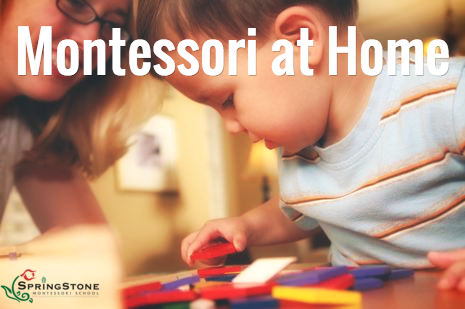Developing and Supporting Your Child’s Independence

It can be heart-wrenching and difficult to feel that your child does not need you as much as they used to, and when they start saying ‘I can do it myself’ or ‘I want to do it on my own’, it may be tough to hear, but you are doing exactly what your child needs most from you. You are letting them explore, learn and take in everything around them, allowing them to figure out their world, one step at a time. It truly is a natural process of a child’s development to strive for independence, and the support of family and educators is of utmost importance for your child to be successful.
Developing your child’s independence and self-reliance is one of the most important things we can do for our children. While academic learning is important, it does not and cannot take the place of the value of self-confidence, self-sufficiency, and the ability to make things happen for oneself.
Independence and self-reliance form the foundation that supports all other learning as a key component of honing a child’s executive functioning skills. As Montessori teachers, our goal is to provide an organized environment where everything makes sense for the child, things have a specific place and function, and they can navigate and be successful independently within it.
Everything from the room design and layout, furniture, Montessori materials, lessons, classroom and school rules, and teacher-child interactions are carefully planned and intended to support each child’s progression toward self-sufficiency and independence.
There is an abundance of current research relating to the importance of executive functioning skills as a predictor of a child’s future success in life and encouraging independent learning is the way to support your child’s developing executive functioning.
You might see characteristics such as curiosity, self-motivation, ability to self-monitor and self-examine, personal accountability and responsibility, critical thinking and problem solving, persistence, understanding without specific instruction and ability to manage their time effectively in an independent learner.
Below are some areas you can help your child at home with their independence:
- Teach them self-help skills
- Allow them to have daily chores and family responsibilities
- Allow them to problem solve on their own and provide guidance when needed
- Impose natural or logical consequences as appropriate

